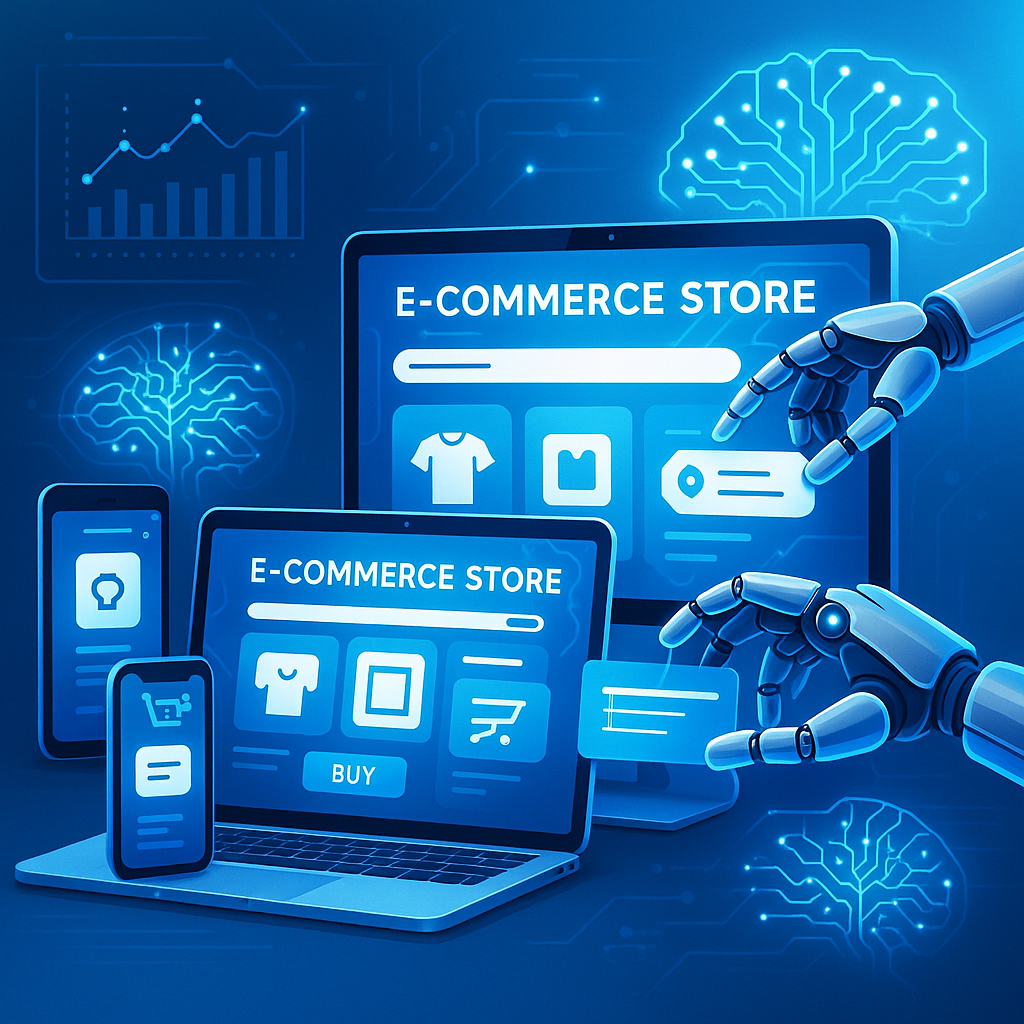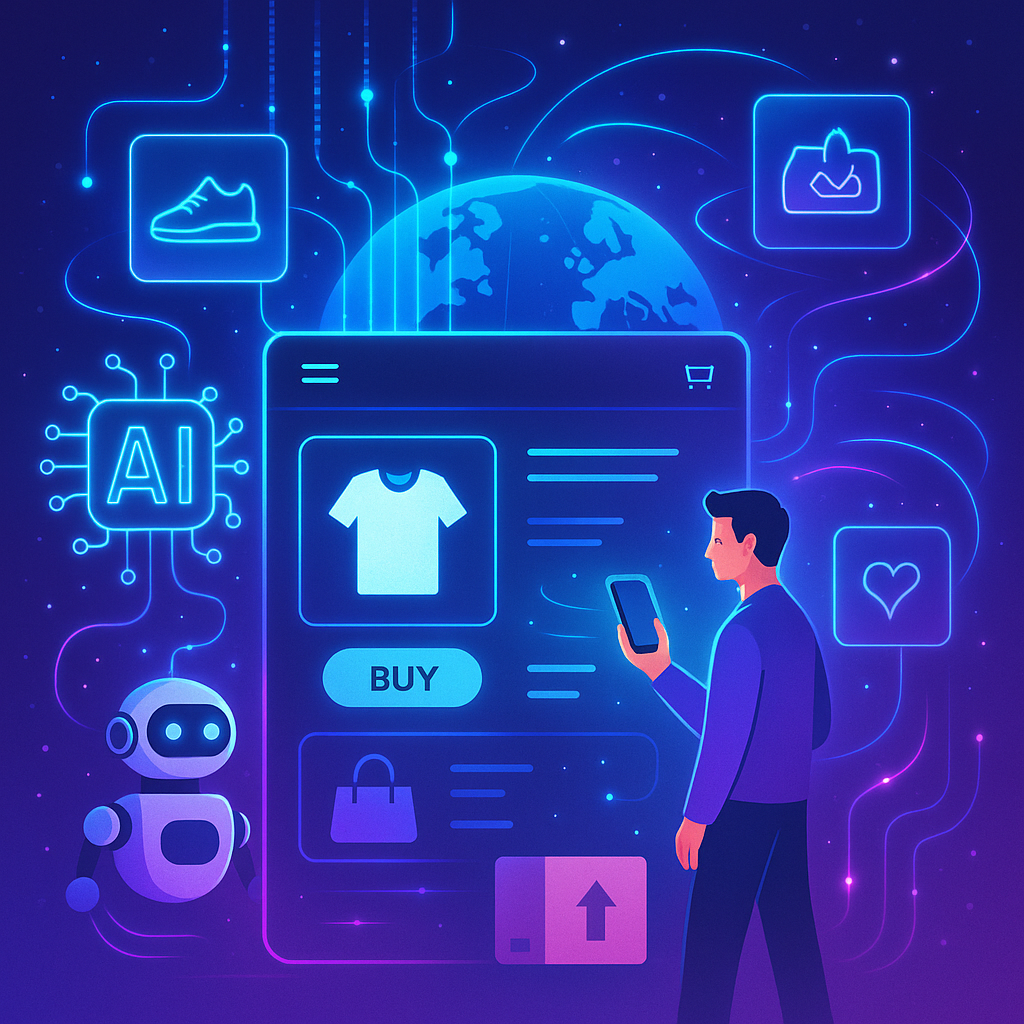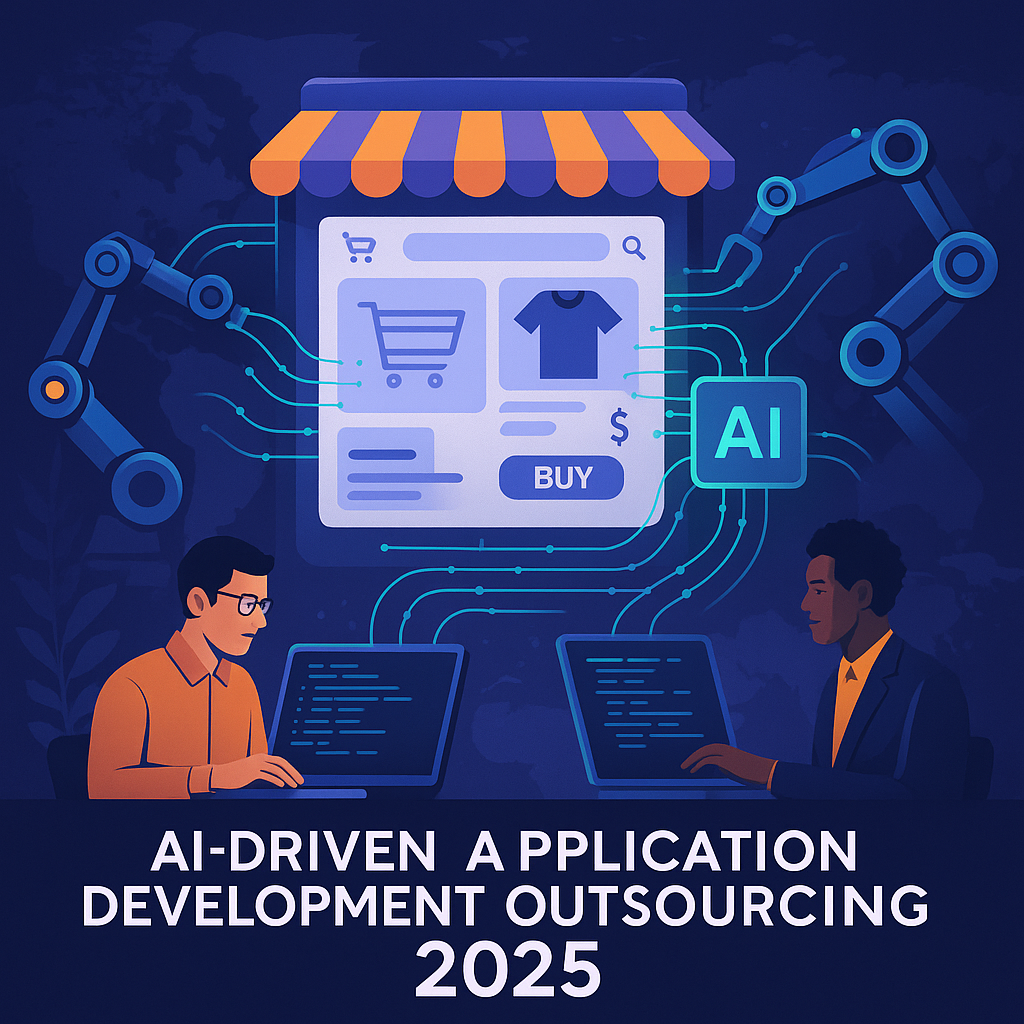
Maximizing ROI: Outsourcing E-Commerce Store and App Development
Introduction: The New Frontier of E-Commerce Growth
In 2025, e-commerce continues its rapid evolution with businesses seeking every competitive edge to maximize returns. One strategic lever gaining unprecedented traction is application development outsourcing tailored specifically for ecom stores. More than a cost-cutting tactic, outsourcing now drives innovation, agility, and enhanced customer experience that collectively fuel sustainable growth.
Why Outsource E-Commerce Store and Application Development?
Specialized Expertise Beyond Internal Capabilities
Building a successful e-commerce platform today demands mastery of diverse technologies: scalable backend infrastructure, seamless payment integration, AI-driven personalization, and cutting-edge frontend user experience. Most companies find it challenging to maintain such multidisciplinary teams in-house. Outsourcing provides access to seasoned specialists focused on e-commerce applications, reducing development risks and accelerating feature deployment.
Cost Efficiency with Quality Retention
Outsourcing enables businesses to convert fixed development costs into variable expenses that scale with project needs. It also unlocks access to global talent pools, which can operate at competitive rates without sacrificing quality. This financial flexibility translates into better ROI compared to traditional, fully in-house development.
Focus on Core Business and Strategic Growth
Freeing internal resources from technical maintenance and complex development allows a sharper business focus. Companies can prioritize marketing, sales expansion, and customer engagement — vital levers that leverage enhanced applications to drive revenue growth.
Transformative Benefits Illustrated
Faster Time-to-Market: Case of a Niche Apparel ecom store
A boutique fashion retailer outsources their entire store redevelopment to a specialized application development partner. Leveraging agile methodologies and e-commerce-specific modules, the project launched in half the usual timeframe. The store integrated AI-based recommendations and real-time inventory management, resulting in a 40% increase in conversion rates within three months.
Scalable Infrastructure Supporting Growing Demand
A rapidly expanding consumer electronics e-commerce platform leveraged outsourcing to develop cloud-native applications with microservices architecture. This approach allowed them to handle seasonal traffic spikes without downtime, driving customer satisfaction and repeat purchases. Outsourced teams continuously optimized backend services, cutting server costs by 25% over 12 months.
Enhanced Security and Compliance
With increasing regulatory demands around data and transactions, outsourcing partners brought specialist cybersecurity and compliance expertise. A health products ecom store benefited from GDPR-compliant application development that also incorporated PCI DSS standards, mitigating risk with best-practice data protection.
Strategic Considerations for Effective Outsourcing
Choosing the Right Partner
Success depends on selecting a partner with proven experience in e-commerce ecosystems, transparent communication, and shared commitment to quality. Evaluating portfolios, client feedback, and technical acumen ensures alignment with business goals.
Clear Scope and Agile Collaboration
Defining objectives clearly and adopting iterative, agile approaches fosters adaptability. Continuous feedback loops enable the development team to tune functionality based on real-time market needs and user feedback, maximizing impact.
Integrating Outsourced Solutions Seamlessly
Ensuring that outsourced applications integrate smoothly with existing systems—such as CRM, ERP, and third-party logistics—is vital. Well-planned APIs and data synchronization prevent operational silos, enabling unified customer experiences.
Emerging Trends in 2025 Influencing Outsourced Development
AI-Powered Application Features
Outsourced developers are increasingly embedding AI capabilities like personalized search, predictive analytics, and voice commerce to enrich ecom store functionality, creating differentiated and engaging user journeys.
Headless Commerce and API-First Design
Adopting headless architecture allows front-end interfaces to be updated independently from back-end systems. Outsourcing teams specializing in this modular approach provide e-commerce businesses with unmatched flexibility to innovate without disruptions.
Sustainability and Ethical Development
Businesses are outsourcing to partners aligning with sustainability goals, ensuring energy-efficient cloud deployments, ethical data usage, and inclusive design — critical considerations for brand reputation in 2025.
Conclusion: Outsourcing as a Catalyst for E-Commerce Success
Application development outsourcing for e-commerce stores in 2025 transcends traditional notions of external contracting. It is a strategic partnership that infuses expertise, agility, and innovation into business models focused on maximizing ROI and elevating customer experience. Through smart alliances, clear communication, and embracing emerging technology paradigms, companies unlock exponential growth and resilience in a dynamically shifting digital marketplace.







